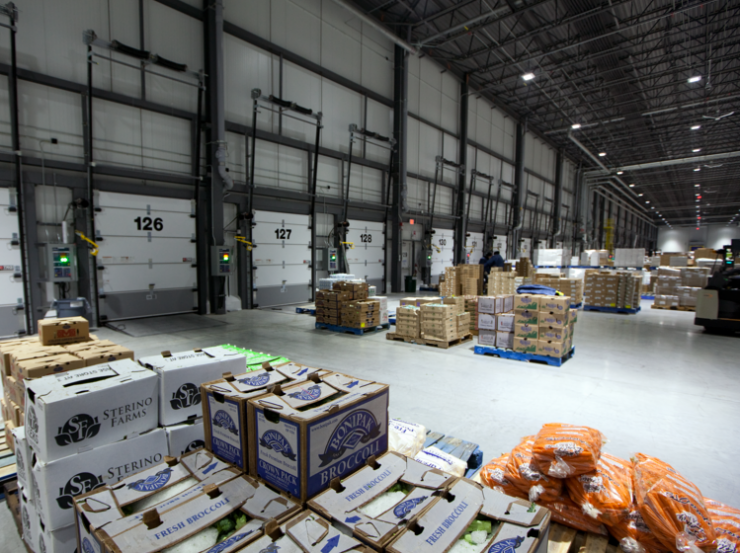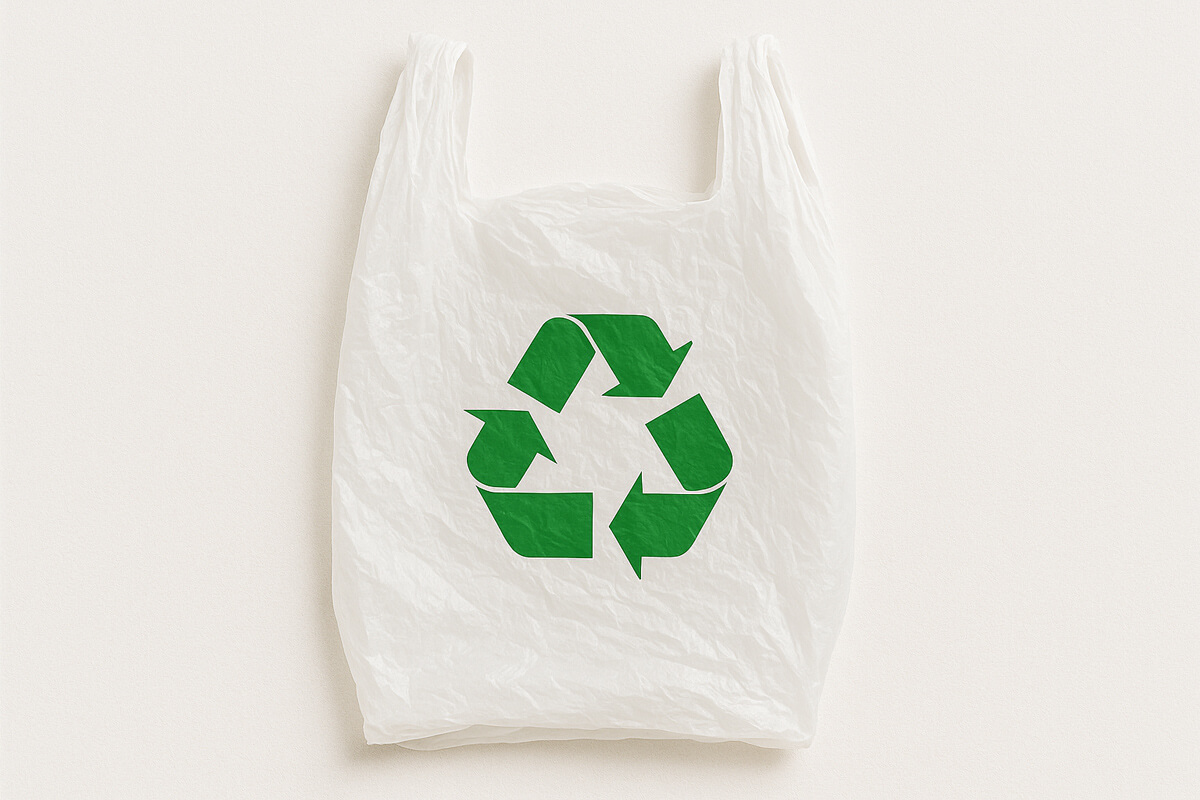Business logistics and supply chain management are concepts that have similar goals, and in some industries the terms are used interchangeably. So there is understandably some blurring of definitions between the two. Both terms refer to matching demand to supply, so are they the same? If not, how do they differ?
Supply chain management

The term supply chain management (SCM) was first used in 1982 to describe a cross functional approach to bringing in raw materials and delivering finished goods for consumer purchase. In today’s business environment, a broad definition of SCM can encompass purchasing, resource transportation, and production capacity for manufacturing.
SCM is often viewed as a flow model, beginning with raw materials at one end of chain and flowing through the manufacturing processes to become a finished product at the end of the model. When thought of this way, SCM must encompass not only materials and services, but also the information and cash resources a company needs to create the final product destined for end users.
By contrast, some companies define SCM as focusing primarily on procurement and purchasing, leaving inventory and materials distribution to logistics. Demand management, which focuses on forecasting future requirements to meet anticipated customer needs, may be incorporated as part of SCM, though again it sometimes falls under logistics.
Business logistics
While some people use SCM and business logistics interchangeably, the terms can mean different things depending on geography and within specific industries. Logistics was first used in the early 1950s to describe the process of moving goods from their point of manufacture to their point of sale. In North America, this definition is still in common use, and logistics management typically refers only to transportation and distribution of goods.
Included in the definition is storage, transportation, warehousing, and communication between transportation and storage points. Other information and production details discussed above are strictly part of supply chain management.
By contrast, in Europe when people refer to logistics they are probably talking about the entire supply chain. This definition includes coordinating people, the manufacturing cycle, and business resources. The broad goal of logistics in this context is to meet consumer demand as efficiently and cheaply as possible through overall effective management. When business logistics are defined in this broad manner, the term SCM is used to refer to the integration of logistics management between companies and suppliers.
Efficient resource management

So the answer is, it depends. In many industries today there is little to no difference between the two terms, while some managers think of logistics as just a specialised subarea of SCM. Even if you accept the definition of logistics as strictly transport based, there will necessarily be overlap in the responsibilities and duties between a logistics management team and SCM-focused teams. In small companies one manager may oversee all aspects of logistics and SCM.
In larger companies where roles are more differentiated, it can be helpful to think of logistics management as a small piece of the overall SCM puzzle. SCM offers the big picture, planning, predicting, and controlling each aspect of the production and distribution process.
In the global economy, supply chains based on cultivating intercompany organisations are becoming increasingly important. In these situations, organisations may operate collaboratively to focus on separate niches within their industry. This type of supply chain becomes a new business entity, sometimes known as a virtual corporation or global production network. SCM coordination is vital to the success of these conglomerates.
The best advice is to explore how people use the two terms within your industry and within your company. As the world of SCM continues to evolve, the terms may become more differentiated, or may meld into one concept. For now, there is no clear consensus.
If you want to improve your business’s logistics or supply chain management, get in touch with us today by calling 0845 643 1601* or contact us online.





